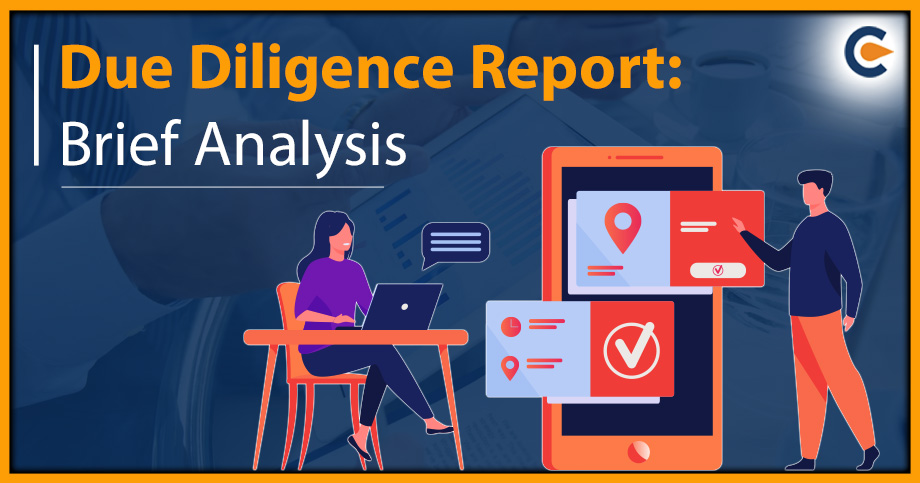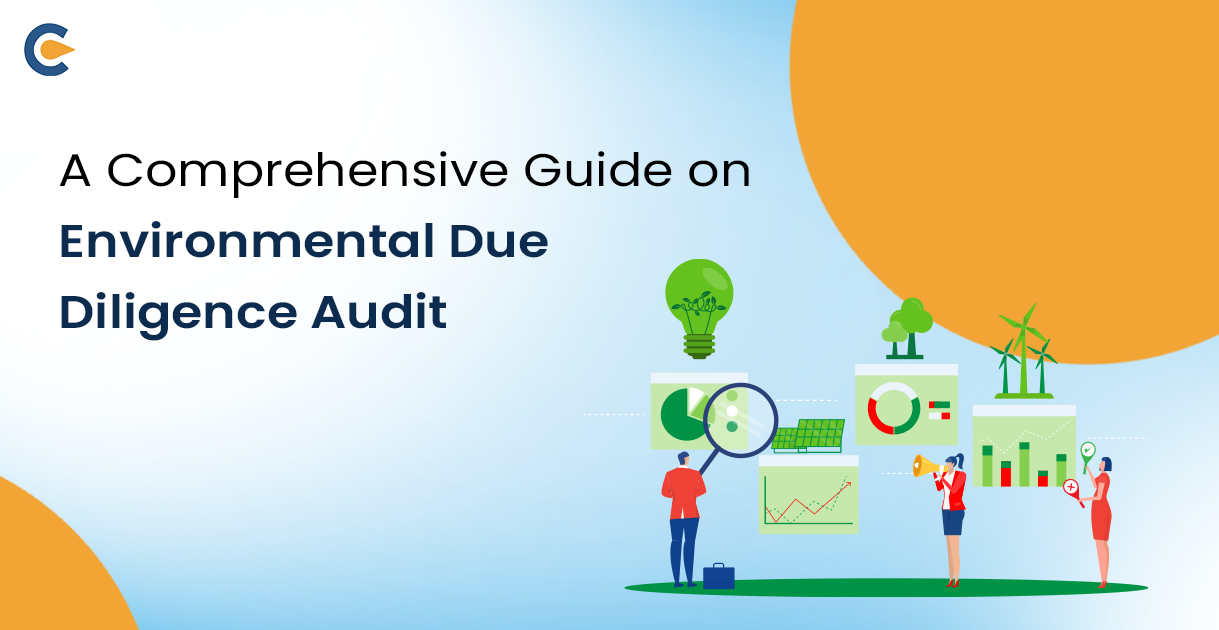Prior to making a final choice to invest in or purchase, due diligence reports are in-depth analyses of a company, investment opportunity, or other organization. A due diligence report’s mission is to offer a thorough, unbiased examination of the target company in order to spot any potential risks, liabilities, or problems that could have an impact on the purchase or investment.
The value of due diligence reports is found in their capacity to support decision-making procedures by offering a comprehensive understanding of the target business. By reducing risks involved in their investment or acquisition, this aids investors and acquirers in making wise selections. In addition, reports on the results of the due diligence process can be quite useful in negotiating terms and in spotting areas where there is room for development.
Due diligence reports, in general, are essential to the investment and acquisition process since they give thorough information on the target company, enable informed decision-making, and reduce potential risks and liabilities.
Components of a Due Diligence Report
In most cases, a report on due diligence will include a number of essential sections that together present an in-depth analysis of the company that is the subject of the investigation. These components include legal due diligence, financial due diligence, operational due diligence, and reputation and market due diligence.
- Legal Due Diligence: This section of the due diligence report focuses on the legal aspects of the target organization, such as its compliance with laws and regulations, prospective legal obligations, and any legal disputes or litigation that may have taken place.
- Financial Due Diligence: This section of a due diligence report conducts an analysis of the target organization’s financial health, including an examination of its projections, cash flow, and financial statements. In addition to this, it evaluates the debt and capital structure of the company, as well as its creditworthiness and general financial stability.
- Operational Due Diligence: This section of a due diligence report conducts an analysis of the operations of the target firm, including an assessment of its business model, products and services, and overall effectiveness. In addition to this, it takes into account the management and leadership of the firm, in addition to its procedures and systems.
- Reputation And Market Due Diligence: This section of a due diligence report conducts an analysis of the target entity’s reputation, brand, and current position in the market. In addition to this, it takes the company’s rivals and the general conditions and tendencies of the market into account.
Preparation of Due Diligence Reports
Investment and acquisition processes rely heavily on the findings of a due diligence study. The process begins with the selection of a due diligence expert, continues with the scheduling of site visits and interviews, and concludes with the evaluation of financial documents and the drafting of a report outline.
- Gathering Data and Information: The gathering of relevant data and information about the target business is the first step in the process of putting up a due diligence report. This may comprise financial accounts, reports on operational activities, legal documents, and any other pertinent data.
- Hiring A Due Diligence Specialist: It can be required to hire a due diligence specialist to help with the report preparation depending on how complex the target organization is. This person needs to be well-versed in the investment or acquisition process as well as the essential elements of a due diligence report.
- Conducting Site Visits and Interviews: Making site visits and conducting interviews with relevant individuals, like management, staff, and suppliers, are essential steps in creating a due diligence report. These encounters and interrogations can provide important details about the target entity, its operations, and any potential risks and liabilities.
- Reviewing Financial Records: The preparation of a due diligence report should always include a thorough examination of the target organization’s financial records. This includes looking into financial statements, cash flow projections, and any other records that pertain to the company’s finances in order to determine its overall financial health and stability.
- Creating A Report Outline: After all relevant information has been collected, a report structure should be developed. Legal, financial, operational, and reputation/market due diligence should all be included in this description of the report’s essential sections. The outline will serve as a guide while writing the report.
Benefits of Due Diligence Reports
Uncovering hidden gems and avoiding pitfalls, a Due Diligence Report is the roadmap to smart decision-making, providing a complete picture of a company’s financial, operational, and legal landscape for enhanced risk management and increased bargaining power. The following are some of the benefits of a good due diligence report:
- Improved Decision-Making: Stakeholders are able to make well-informed decisions based on accurate and up-to-date information thanks to a Due Diligence Report’s in-depth research of the target company or investment opportunity. This lessens the potential for losing money on a purchase or investment.
- Better Understanding Of The Target Company or Investment Opportunity: The report offers a comprehensive overview of the financial, operational, and legal state of the target firm. This enables stakeholders to make informed judgements about their future investments based on the information provided in the report.
- Risk Mitigation: A Due Diligence Report assists in identifying potential risks that are associated with the target firm or investment opportunity. This enables stakeholders to take necessary measures to manage the risks that have been identified. This can help to lower the danger of loss while simultaneously raising the probability of success.
- Increased Negotiating Power: Stakeholders in an acquisition or investment might utilize the information provided by a Due Diligence Report to their advantage during negotiations for more favourable terms and conditions. The results may improve for everyone involved.
Conclusion and Future of Due Diligence Reports
Making informed decisions is more crucial than ever in the fast-paced corporate world of today. For investors, acquirers, and other stakeholders who wish to evaluate a company’s or investment opportunity’s financial, operational, and legal sustainability, a thorough due diligence report is an essential tool. The report gives readers a thorough insight of the target company’s finances, activities, and adherence to the law. Making educated judgements about investments or acquisitions and detecting potential dangers depend heavily on this knowledge.
Like the business transaction itself, Due Diligence Reports must be treated with the utmost seriousness. The work must be done as thoroughly and accurately as feasible. The report needs to cover all the bases and include everything of note. Different types of financial dealings require different types of report components. All the significant results from a due diligence procedure are documented in a report. In addition, it paints a clearer picture of the company under investigation for potential investors. The decision-making procedure is improved with the help of a thorough and well-documented Due Diligence Report. As a result, a Due Diligence Reports are crucial to any business deal. Many people find the prospect of writing Due Diligence Reports daunting, but with the appropriate approach and some useful checklists, it can be done with relative ease.
In recent years, there has been a noticeable increase in the use of technology and automation in the creation of due diligence reports. These tools enable more simplified and effective procedures, giving stakeholders more precise and current information quickly. Automation can also aid in more rapidly and precisely identifying potential hazards and issues, enhancing the report’s overall quality.
Due Diligence Reports continue to be important in the corporate sector despite the growing usage of technology in these studies. They are crucial for making well-informed choices and lowering the chance of making a poor acquisition or investment. A thorough due diligence report is a crucial tool for making educated decisions and lowering the risk of loss, whether you are a private equity firm[1], a business, or an individual investor.
Read Our Article: Financial Due Diligence: A Complete Checklist











